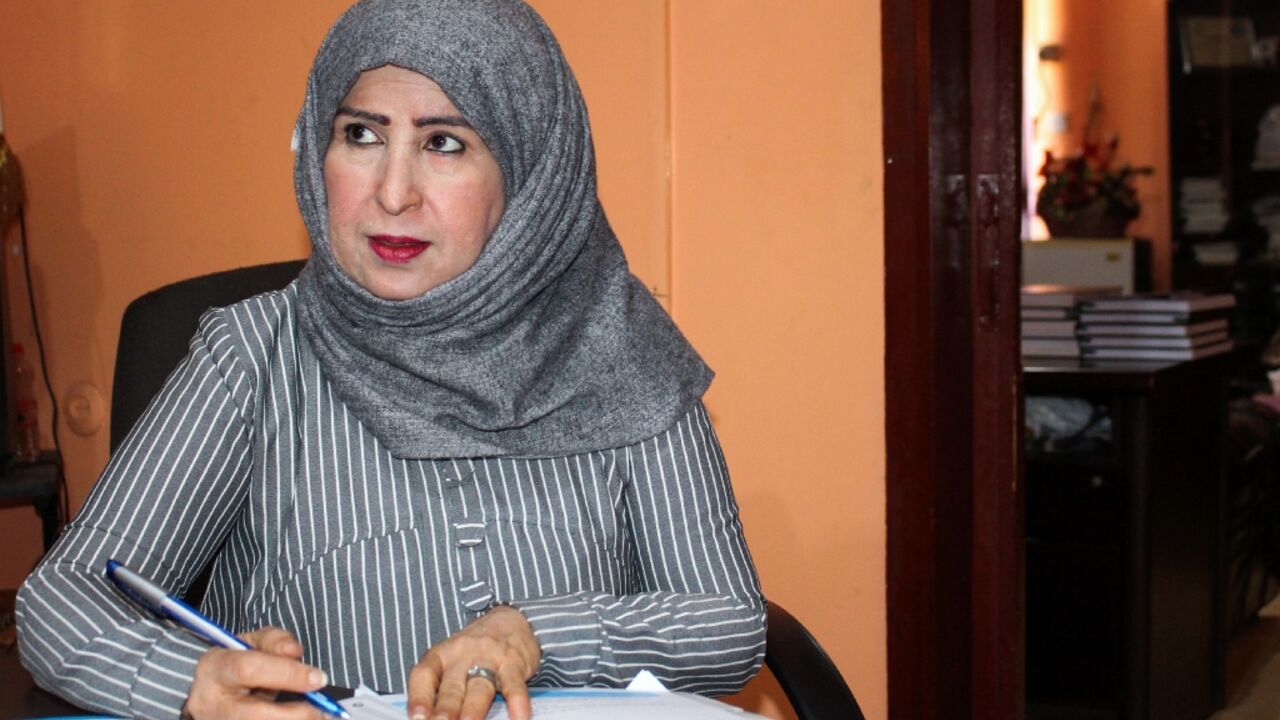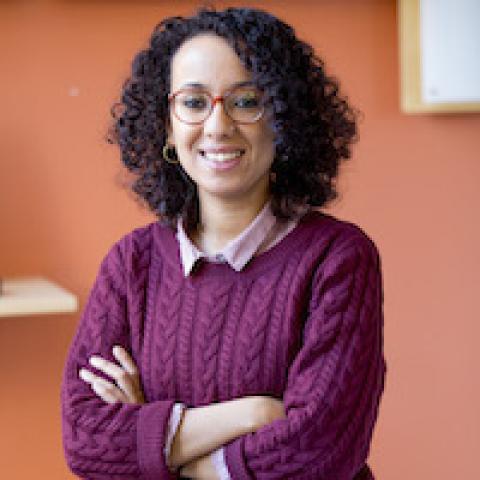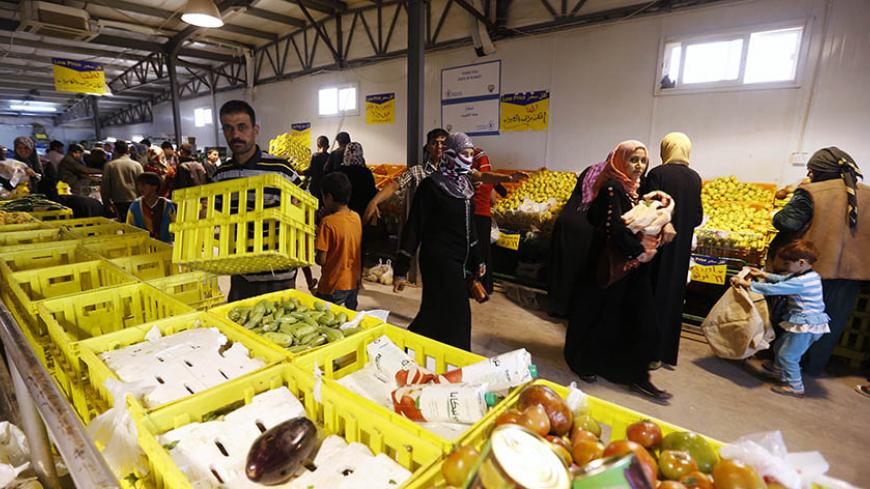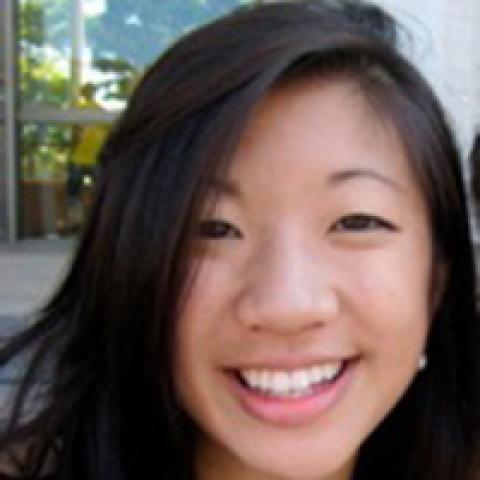How Yemen's war 'casts a shadow' over women and girls

Yemen's women and girls are bearing the brunt of a seven-year civil war that has robbed many of their freedoms and crippled state institutions, leaving them unable to seek help.
A strict interpretation of Islam is being enforced in Huthi rebel-controlled areas and mass displacement, with millions driven from their homes, often makes education and employment impossible.
AFP discussed their plight with Huda Ali Alawi, director of the Women's Research and Training Centre at Aden University, who has conducted a number of studies on gender-based violence:
- How is the war affecting women? -
Alawi said the war has "cast a shadow" over women in terms of their quality of life and education, with a massive increase in child marriage.
"There are a lot of cases of girls dropping out of school because of living hardships and displacement," she said.
"Many families have lost their sources of income, and girls' education was no longer a priority."
Studies have shown an increase in gender-based violence since war broke out, she said.
"But because society is conservative... survivors of violence are led to believe that it is for the better and in their benefit to remain silent."
Stigma has often been cited as an obstacle for girls and women in seeking help.
"The reality we are living today is not one (that reaches) the aspirations of the feminist movement, and Yemen has regressed in all aspects, and more so when it comes to women empowerment."
- Why is there so little support? -
The problem, Alawi said, centres on the political, social and religious institutions in the country, where the rebels have seized much of the north with government forces controlling the rest.
There is "no support or encouragement" by any leadership or political and academic institutions to help in programmes to empower women, she said.
Even foreign programmes are frowned upon in Yemen.
"Many think these programmes are coming to transform the conservative society to a pornographic one," Alawi said.
Religious figures "do not stop criticising" defenders of women's rights, she added.
According to Alawi, there were a lot of "overt and indirect threats" against those who try to lead movements to improve women's conditions.
Women activists often practice a "form of self-censorship" as they try to mitigate the gender gap in society, she said.
- What does the future hold? -
Alawi, 51, grew up in south Yemen, which was an independent state under a Marxist system until its unification with the north in 1990.
"Empowering and educating women was a priority. Women were present in the political scene and much more active," she said.
But after unification, women's participation in public life became merely "symbolic", said Alawi.
"The authorities tried to intentionally convince those in the country and abroad that they were supportive of women's issues."
As the civil war escalated after 2015, there was a "real absence of women", she said, calling it a "deliberate" move by the ruling class.
"The future of Yemeni women hinges on the ruling authorities," Alawi said.
"These outdated political systems cannot keep up with the changing times."










